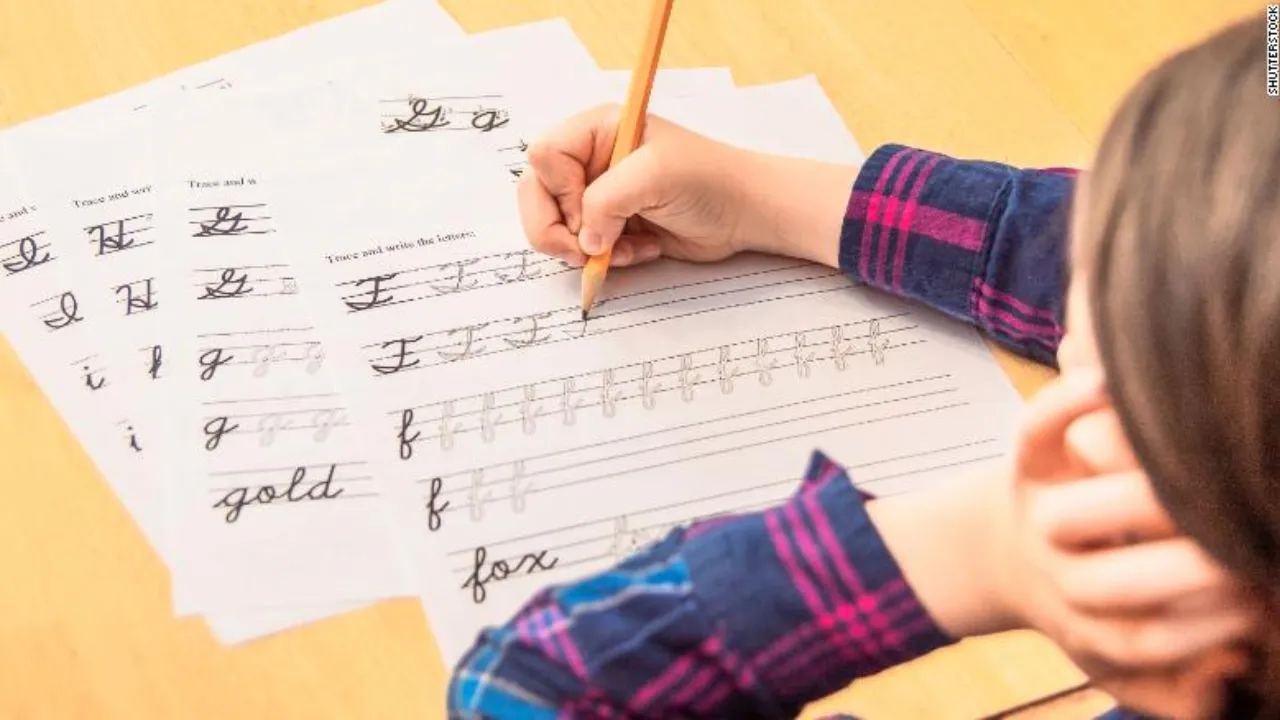The legal conflict over Title IX transgender athletes: California is at the center of a high-stakes battle over sports, gender identity, and federal law. The U.S. Department of Education recently concluded that the state violated Title IX by allowing transgender athletes to compete in girls’ sports—a move that has sparked national debate and could impact schools across the country. The department gave California ten days to change its approach or face legal action and the loss of federal education funding.
The conflict pits state legislation aimed at protecting transgender rights against a federal mandate focused on sex-based athletic equity. With the possibility of lawsuits and funding threats on the table, the outcome could reshape how schools handle student-athlete participation for years to come.
The legal conflict over Title IX transgender athletes
The debate surrounding Title IX transgender athletes involves how gender identity intersects with a law originally designed to ensure equality between male and female students. Title IX, passed in 1972, has long been the foundation for gender equity in sports. But now, the federal government insists that California’s policy—which permits transgender girls to compete on girls’ teams—violates the law. California leaders, however, argue they are upholding inclusive values by following state law. This legal standoff reveals the growing tension between state autonomy and federal definitions when it comes to student rights and athletic fairness.
| Key Issue | Details |
| Federal Allegation | California violated Title IX by allowing transgender athletes in girls’ sports |
| Deadline to Act | 10 days to comply or face federal legal action |
| Federal Threat | Withdrawal of education funding and possible DOJ lawsuit |
| State Law Referenced | AB 1266 (2013), supporting participation by gender identity |
| Athlete in Spotlight | AB Hernandez, transgender athlete who won multiple medals in state track |
| Federal Demand | Use biological definitions of “male” and “female” in school sports |
| State’s Response | Refusal to change policies; commitment to student rights |
| Broader Policy Context | Over 20 states have passed restrictions on transgender athlete participation |
| Similar Legal Challenge | Maine rejected federal demands; now facing a DOJ lawsuit |
| Legal Foundation | Title IX of the Education Amendments of 1972 |
Federal officials set firm deadline
The U.S. Department of Education’s warning to California was clear: revise your student-athlete policies, or risk federal penalties. The department says that allowing transgender girls to compete in girls’ athletics constitutes a violation of Title IX. Officials argue this disrupts fairness in sports and puts cisgender girls at a competitive disadvantage.
Education Secretary Linda McMahon stated that schools must recognize only biological sex when organizing girls’ sports. The demand includes notifying all schools of the new interpretation and enforcing compliance under threat of federal action. This marks a serious escalation in federal enforcement of sex-based participation rules, especially under a Republican-led administration focused on restoring traditional definitions of gender in education.
California stands firm on inclusivity
California’s response has been unapologetically defiant. The Department of Education, supported by Governor Gavin Newsom’s office, insists the state has complied with all legal requirements by honoring students’ gender identities. They argue that the law—particularly AB 1266—was designed to ensure that all students, including transgender youth, have equal access to school programs, including sports.
Spokesperson Liz Sanders stated that the state will not change its position, saying all students deserve the right to “learn and play at school.” This stance aligns with California’s broader commitment to LGBTQ+ protections, placing it at odds with current federal direction.
Title IX and gender identity clarified
Title IX prohibits discrimination based on sex in any educational program receiving federal funding. The law was originally aimed at expanding opportunities for women and girls, especially in athletics. However, the question now is whether “sex” includes gender identity.
While California interprets sex as inclusive of gender identity under state law, the federal government under current leadership is moving toward a stricter, biology-based interpretation. This inconsistency creates legal ambiguity for school districts caught between two opposing definitions of equality.
National ripple effects and Maine case
California isn’t the only state in this fight. Earlier this year, Maine rejected a similar directive from the Department of Education. As a result, the U.S. Department of Justice filed a lawsuit to revoke Maine’s federal education funding. The lawsuit is ongoing, but it sets a precedent that could influence what happens next in California.
If California refuses to adopt federal mandates, it may face a similar court battle. The implications go beyond athletics—it could lead to a major legal test of how much control states have over educational policy in the face of federal standards.
Spotlight on AB Hernandez
The debate reached a flashpoint after a transgender student athlete, AB Hernandez, excelled at the California high school track and field championships. Hernandez placed first in two events and second in another, sparking both praise and criticism. To address the controversy, the California Interscholastic Federation (CIF) awarded dual medals to both Hernandez and the top-performing cisgender girls.
While supporters saw this as a fair compromise recognizing talent and inclusion, critics argued that transgender athletes enjoy a competitive edge in girls’ sports. The CIF’s decision, unprecedented at the time, has now become a central piece of the federal government’s case against the state’s policy.
A broader policy clash
At least two dozen states have already passed laws banning transgender girls from participating in girls’ sports. Some of these laws have been blocked by the courts, while others are active. Meanwhile, other states like California, Oregon, and New York support full participation by gender identity.
This patchwork of laws reflects the growing divide in America over how to define fairness, inclusion, and identity in schools. The result is uncertainty for students, coaches, and administrators caught between conflicting rules at the state and federal levels.
FAQs
1. What exactly did the federal government say California did wrong?
Federal officials claim California violated Title IX by allowing transgender athletes to compete in girls’ sports, arguing it creates an unfair competitive environment.
2. What is Title IX supposed to protect?
Title IX ensures that students are not discriminated against based on sex in any school that receives federal funding. It traditionally protects girls’ access to sports and educational opportunities.
3. Does California plan to comply with the federal mandate?
No. California’s education officials say they have no intention of changing current laws or policies, which allow students to participate based on their gender identity.
4. What is AB 1266?
AB 1266 is a California law passed in 2013 that allows K–12 students to participate in sports and use facilities according to their gender identity.
5. What could happen if California doesn’t comply?
The state could face legal action from the Department of Justice and risk losing federal education funding for noncompliance with Title IX as interpreted by federal authorities.
Final Thought & Call to Action
The controversy over Title IX transgender athletes is not just about rules—it’s about values, fairness, and who gets to define them. California’s stance reflects a commitment to inclusive education, but it’s now challenged by a federal framework with very different priorities. What happens next could reshape youth sports, legal definitions, and civil rights protections across the country.
What’s your take on this evolving issue? Should federal law override state inclusivity policies? Or should states be free to define fairness on their own terms? Share this article, leave a comment, and keep the conversation alive. Every voice counts in shaping the future of education and equality.
















